Why did journalists walk out of a Downing Street briefing?
Political reporters boycott media event after selected journalists are restricted
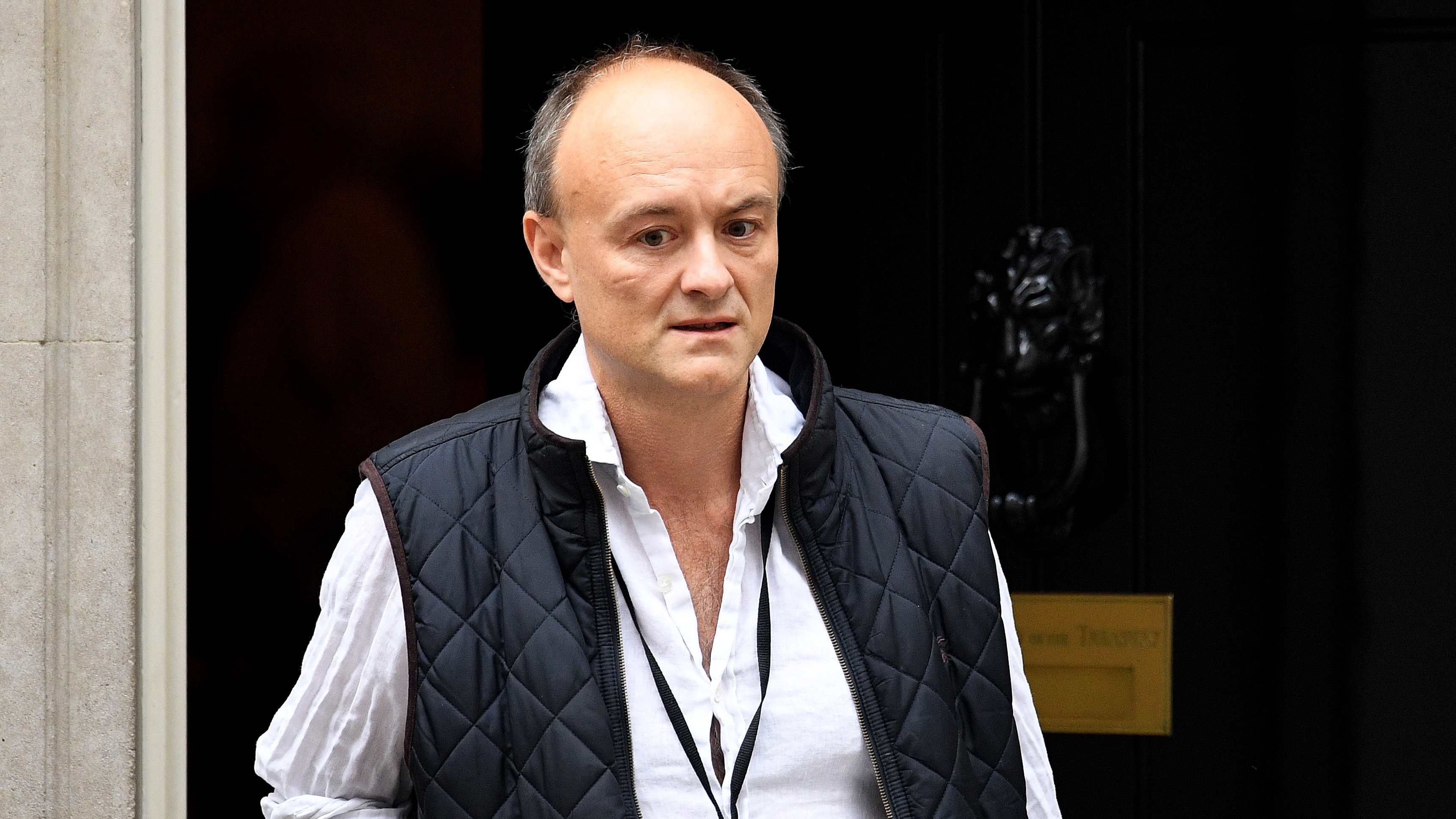
A free daily email with the biggest news stories of the day – and the best features from TheWeek.com
You are now subscribed
Your newsletter sign-up was successful
Political journalists boycotted a briefing at 10 Downing Street yesterday, after the prime minister’s most senior communications adviser attempted to restrict selected reporters from attending.
The boycott happened after No.10 invited political journalists to a “technical briefing” on Boris Johnson’s plans for a trade deal with the EU, according to HuffPost.
The walkout followed a confrontation inside Downing Street in which the prime minister’s director of communications, Lee Cain, tried to block reporters from joining a briefing.
The Week
Escape your echo chamber. Get the facts behind the news, plus analysis from multiple perspectives.

Sign up for The Week's Free Newsletters
From our morning news briefing to a weekly Good News Newsletter, get the best of The Week delivered directly to your inbox.
From our morning news briefing to a weekly Good News Newsletter, get the best of The Week delivered directly to your inbox.
The reporters in question were from the Daily Mirror, The i, HuffPost, PoliticsHome, The Independent and others.
Among those who walked out in protest were the BBC’s political editor Laura Kuenssberg, ITV’s political editor Robert Peston and political reporters from the Daily Mail, Sky News, The Daily Telegraph, The Sun, Financial Times and The Guardian.
According to Daily Mirror political editor Pippa Crerar, journalists on the invited list were requested to stand on one side of a rug in the foyer of No 10, while those not allowed in were asked by security to stand on the other side.
Asked to explain the decision to exclude some publications, Cain reportedly said: “We're welcome to brief whoever we like.”
A free daily email with the biggest news stories of the day – and the best features from TheWeek.com
HuffPost executive politics editor Paul Waugh reports that Cain then “lost his temper as the entire group said that they were walking out as one and would not agree to a briefing on such divisive terms”.
Waugh later tweeted:
PoliticsHome describes it as a “remarkable incident”, while the Mirror claims the move saw No.10 “seek to pick and choose who gets briefings”.
A senior No.10 source has disputed that version of events, telling Buzzfeed senior political correspondent Alex Wickham that there was a normal briefing for all lobby journalists and that the later one was a “smaller, selected briefing for specialist senior journalists”.
–––––––––––––––––––––––––––––––For a round-up of the most important stories from around the world - and a concise, refreshing and balanced take on the week’s news agenda - try The Week magazine. Start your trial subscription today –––––––––––––––––––––––––––––––
The Independent reports that it is “not uncommon for politicians and their political special advisers to brief particular publications or journalists about their plans”.
However, the paper adds, it has “long been the convention” that briefings from civil servants - who are politically neutral - are done with “publications of all shades of opinion represented to ensure that readers and viewers are kept informed”.
The Guardian notes the Downing Street tactics “mirror those of Donald Trump in the US, who has been known to try to exclude journalists from reporting on his activities”. The paper describes the move as an “escalation of Johnson’s tensions with the media”.
Over the weekend it was reported that Dominic Cummings, Johnson’s senior adviser, has a “network of spies” to check whether other special advisers are fraternising with the media. According to The Sunday Times, Cummings has banned ministerial aides from lunching with political journalists.
Last Friday, Cummings himself clashed with an ITV reporter while walking around Westminster.
-
 The ‘ravenous’ demand for Cornish minerals
The ‘ravenous’ demand for Cornish mineralsUnder the Radar Growing need for critical minerals to power tech has intensified ‘appetite’ for lithium, which could be a ‘huge boon’ for local economy
-
 Why are election experts taking Trump’s midterm threats seriously?
Why are election experts taking Trump’s midterm threats seriously?IN THE SPOTLIGHT As the president muses about polling place deployments and a centralized electoral system aimed at one-party control, lawmakers are taking this administration at its word
-
 ‘Restaurateurs have become millionaires’
‘Restaurateurs have become millionaires’Instant Opinion Opinion, comment and editorials of the day
-
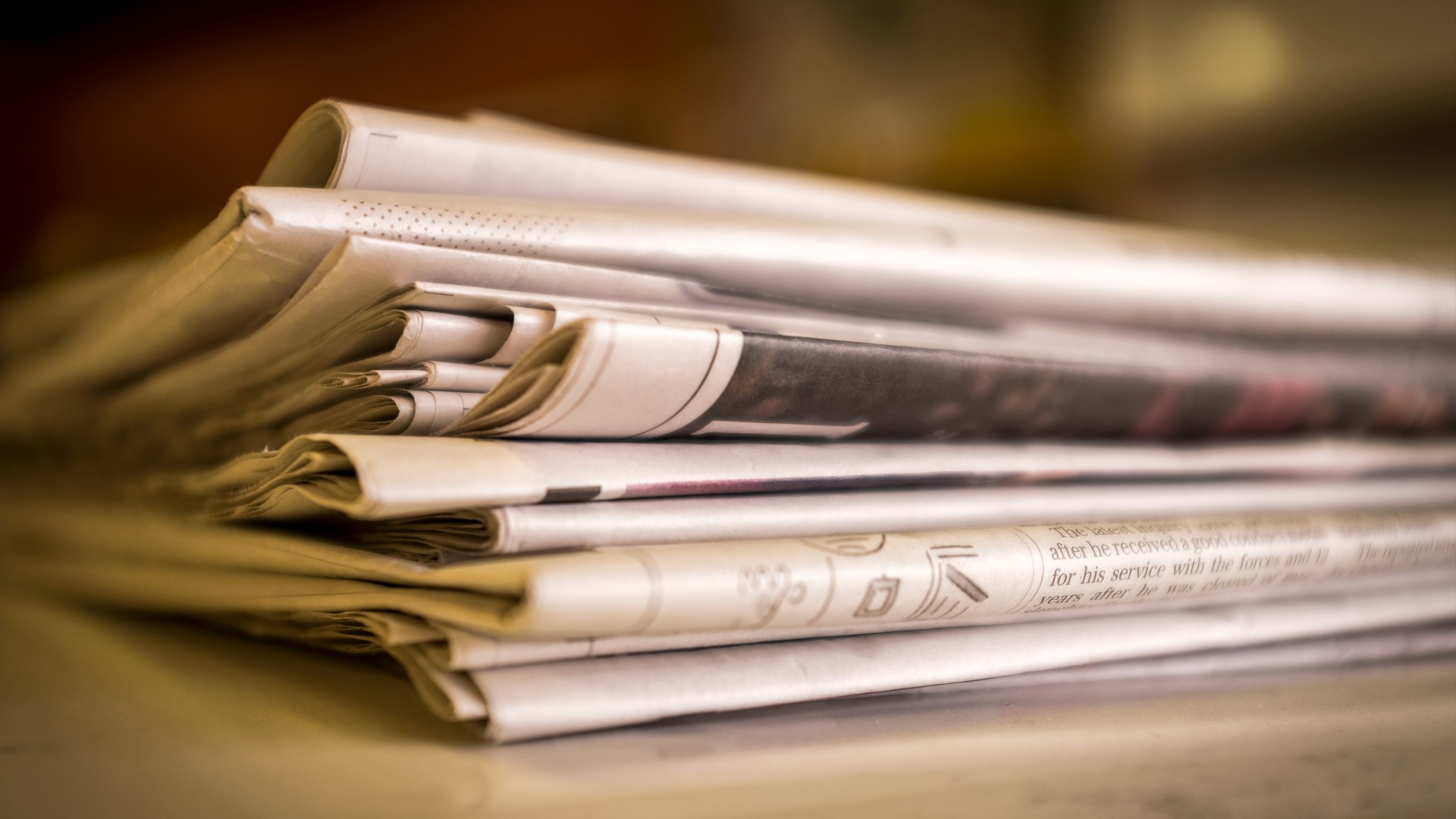 The most memorable newspaper front pages of 2023
The most memorable newspaper front pages of 2023In Depth From resignations and Covid revelations to Hamas's deadly attack
-
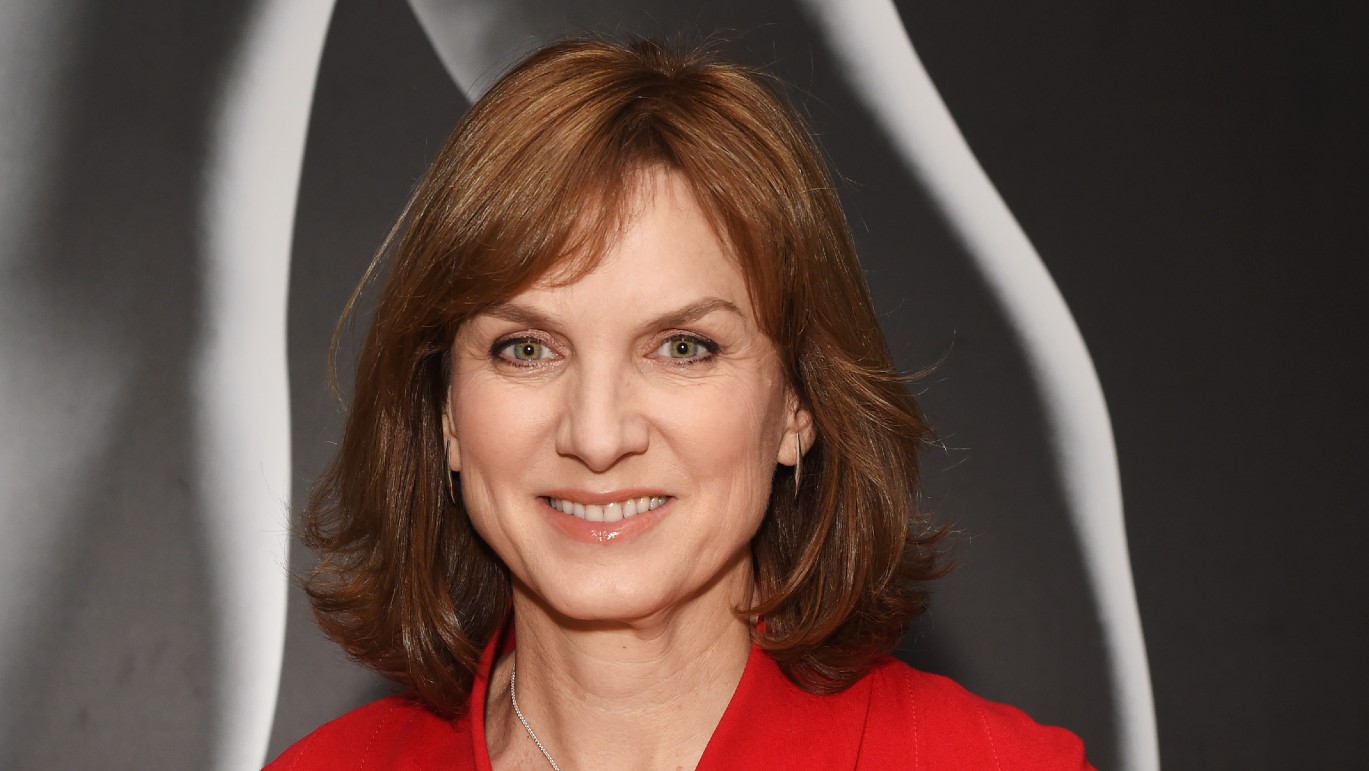 Fiona Bruce: has Question Time host been ‘hung out to dry’?
Fiona Bruce: has Question Time host been ‘hung out to dry’?In Depth Presenter accused of trivialising domestic abuse in debate about Stanley Johnson
-
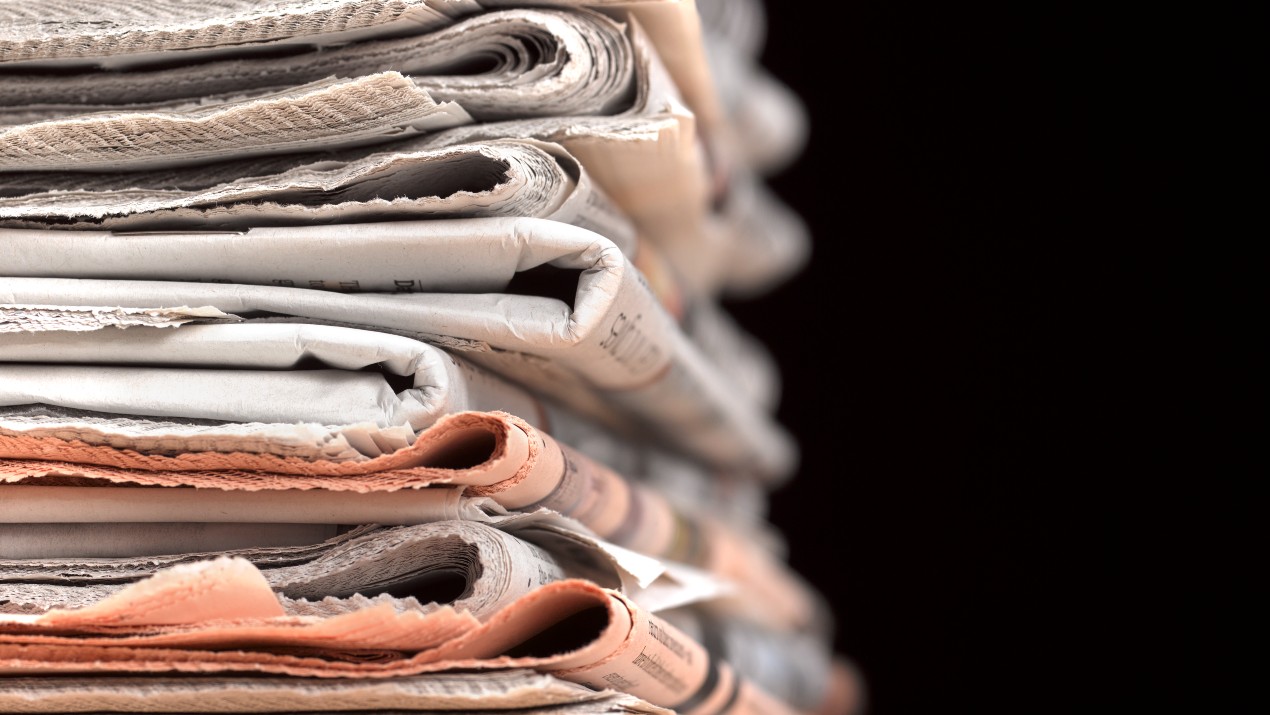 The most memorable newspaper front pages of 2022
The most memorable newspaper front pages of 2022In Depth From Uber files and Partygate revelations to Liz Truss’s lettuce face-off
-
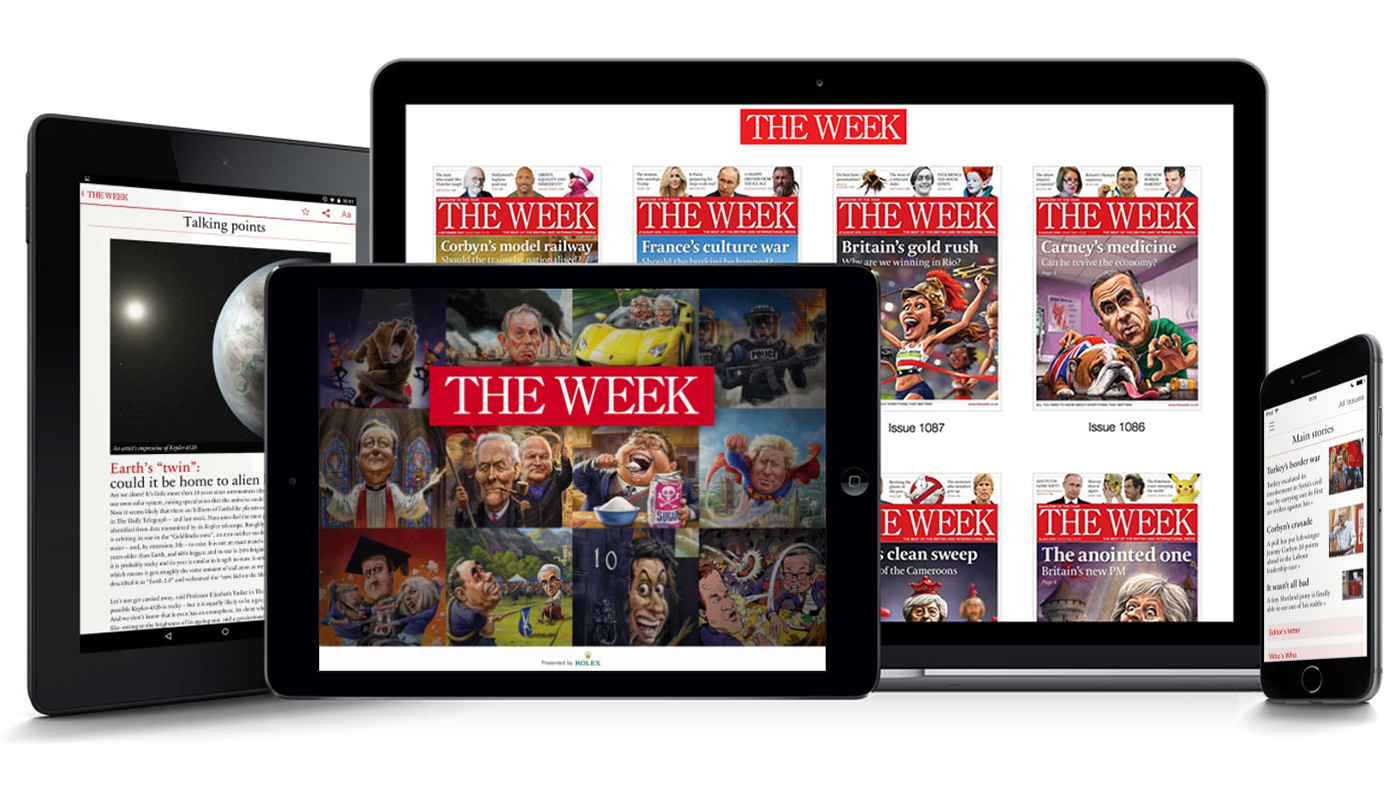 Free app access for The Week’s subscribers during Royal Mail strikes
Free app access for The Week’s subscribers during Royal Mail strikesSpeed Read If you have a subscription to The Week magazine you can read the digital edition on your tablet or phone
-
 Comic Relief to end ‘white saviour’ celebrity trips to Africa
Comic Relief to end ‘white saviour’ celebrity trips to AfricaSpeed Read Charity’s appeal videos described by critics as ‘poverty porn’ and ‘devoid of dignity’
-
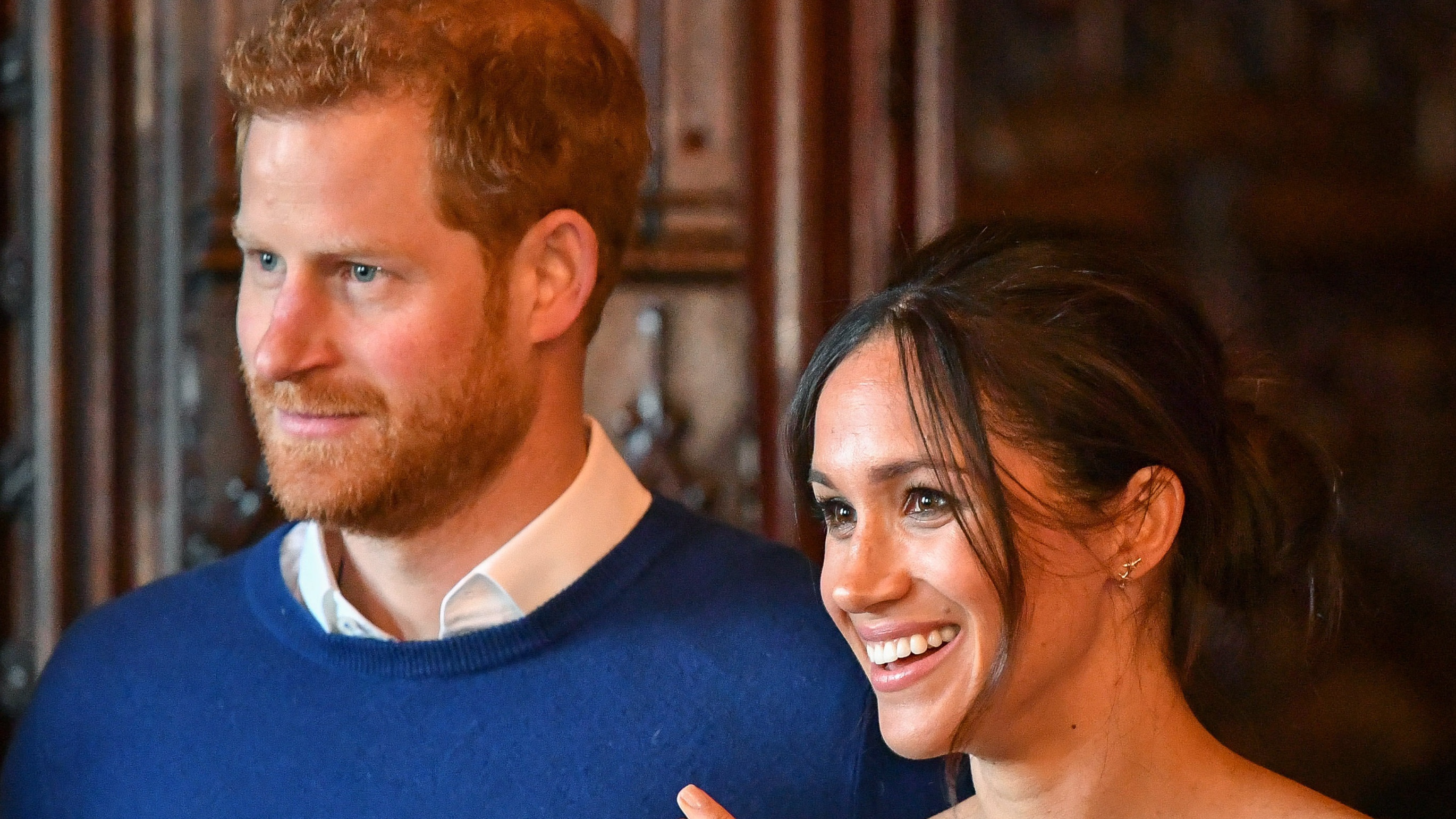 Prince Harry and Meghan Markle to star in ‘fly-on-the-wall’ Netflix reality show
Prince Harry and Meghan Markle to star in ‘fly-on-the-wall’ Netflix reality showSpeed Read Former minister accuses couple of ‘exploiting’ royal links with big-bucks deal
-
 Royal officials to ‘scrutinise’ Prince Harry and Meghan Markle’s $150m Netflix deal
Royal officials to ‘scrutinise’ Prince Harry and Meghan Markle’s $150m Netflix dealSpeed Read Duke and Duchess of Sussex have inked agreement to produce documentaries and films for the streaming service
-
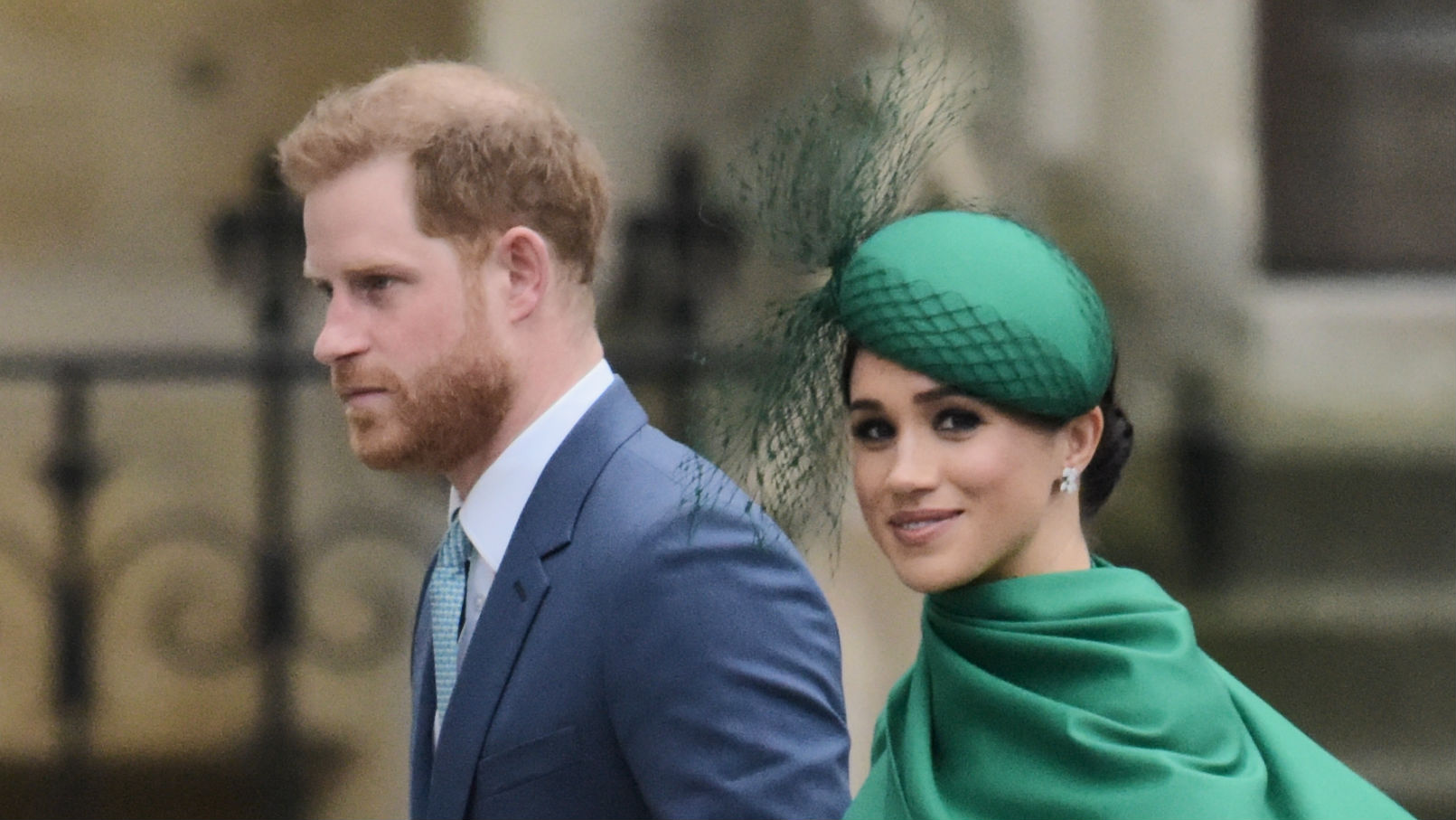 Prince Harry and Meghan Markle pitch mystery project idea to Hollywood
Prince Harry and Meghan Markle pitch mystery project idea to HollywoodSpeed Read The Sussex royals have been shopping their concept around tinseltown since June